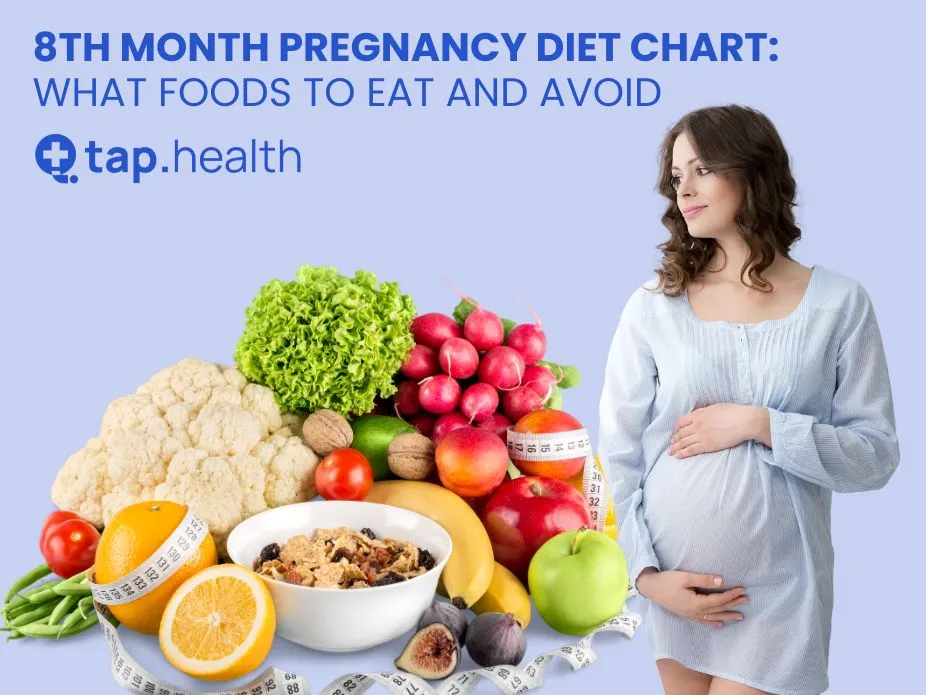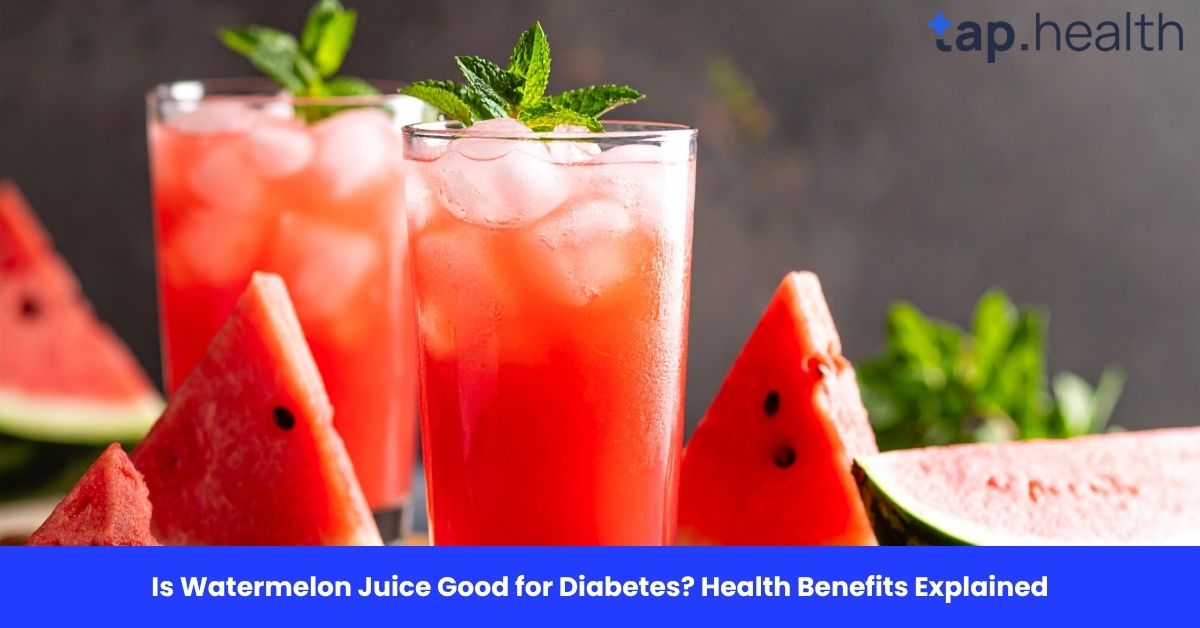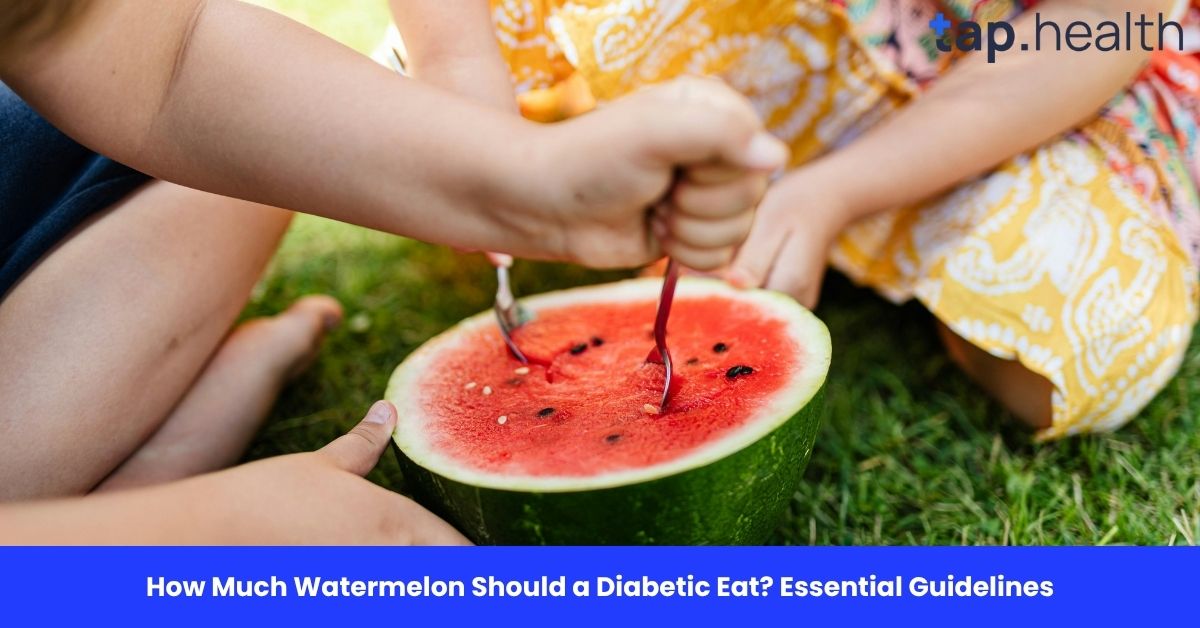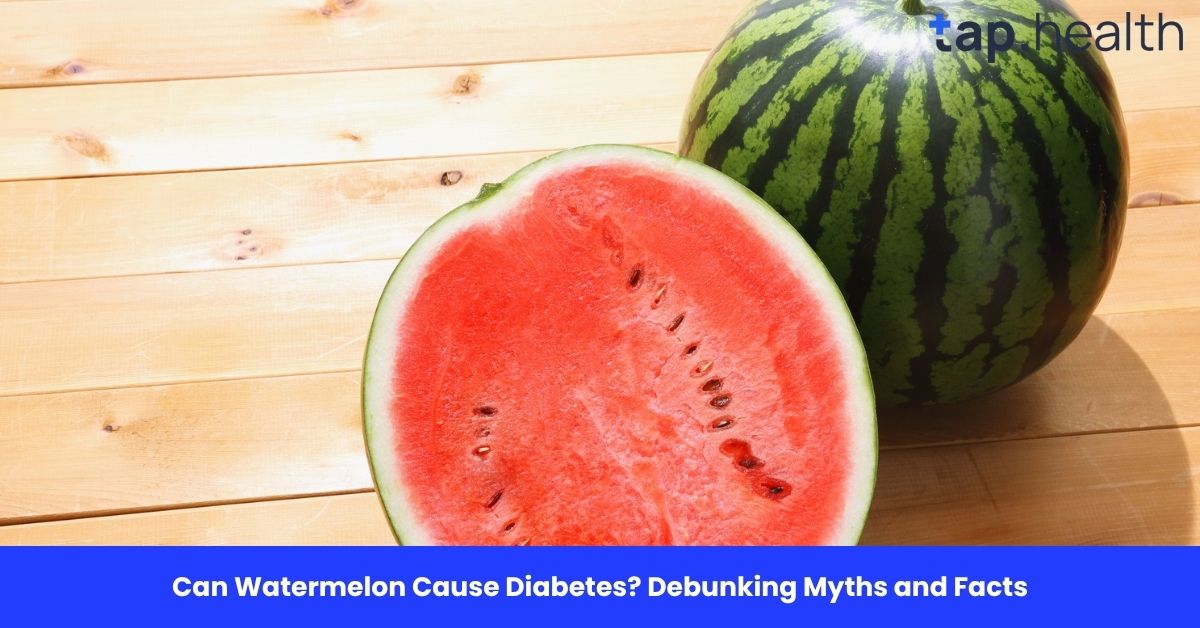The eighth month of pregnancy is a critical time for both you and your baby. A balanced diet supports your baby’s growth, boosts your energy, and prepares you for delivery. This blog provides a concise 8th-month pregnancy diet chart, highlights foods to eat and avoid, and shares practical tips to keep you healthy.
Why Is a Pregnancy Diet Important in the 8th Month?
A well-planned diet in the eighth month ensures your baby gets essential nutrients for brain, bone, and organ development. It also helps you manage common pregnancy symptoms like heartburn, constipation, and fatigue. By focusing on nutrient-dense foods, you can maintain your energy levels and support a healthy pregnancy.
Foods to Eat in the 8th Month of Pregnancy
Eating a variety of nutrient-rich foods is key to supporting your baby’s growth and your well-being. Here’s a breakdown of the best foods to include:
1. Fruits and Vegetables
- Leafy Greens: Spinach and kale provide iron and folate, crucial for red blood cell production and fetal development.
- Berries: Blueberries and strawberries offer antioxidants to boost immunity.
- Citrus Fruits: Oranges and lemons are rich in vitamin C, aiding iron absorption.
- Bananas: High in potassium, they help prevent leg cramps.
2. Whole Grains
- Oats: Packed with fiber, oats promote healthy digestion and sustained energy.
- Brown Rice: Supplies magnesium and fiber for overall health.
- Whole Wheat Bread: A source of iron and B vitamins for energy and blood health.
3. Protein-Rich Foods
- Lean Meats: Chicken and turkey provide high-quality protein with low fat.
- Low-Mercury Fish: Salmon and sardines offer omega-3 fatty acids for brain development.
- Eggs: Rich in protein and choline, essential for brain health.
- Beans and Lentils: Plant-based proteins with fiber and iron.
4. Dairy Products
- Milk: Supplies calcium and vitamin D for strong bones.
- Yogurt: Contains probiotics to support digestion.
- Cheese: Offers calcium and protein for you and your baby.
5. Nuts and Seeds
- Almonds: Provide healthy fats, protein, and fiber.
- Chia Seeds: Rich in omega-3s, fiber, and antioxidants.
- Walnuts: Support brain health with omega-3 fatty acids.
6. Fluids
- Water: Aim for 8–10 glasses daily to stay hydrated and prevent constipation.
- Fresh Juices: Homemade fruit and vegetable juices add nutrients.
- Herbal Teas: Caffeine-free options aid digestion and relaxation.
Sample 8th Month Pregnancy Diet Chart
A balanced diet chart ensures you get all essential nutrients. Here’s a simple daily plan to follow:
- Breakfast:
- Option 1: Oatmeal with mixed berries and a glass of milk.
- Option 2: Whole-grain toast with avocado and a boiled egg.
- Mid-Morning Snack:
- Option 1: A banana with a handful of almonds.
- Option 2: Yogurt with chia seeds.
- Lunch:
- Option 1: Grilled chicken salad with mixed vegetables and olive oil dressing.
- Option 2: Brown rice with lentil curry and steamed broccoli.
- Afternoon Snack:
- Option 1: An apple with peanut butter.
- Option 2: Carrot sticks with hummus.
- Dinner:
- Option 1: Baked salmon with quinoa and asparagus.
- Option 2: Stir-fried tofu with mixed vegetables and whole-grain noodles.
- Evening Snack:
- Option 1: A glass of warm milk.
- Option 2: A small piece of dark chocolate (in moderation).
Foods to Avoid in the 8th Month of Pregnancy
Avoiding certain foods is crucial to protect you and your baby from potential risks. Here’s what to steer clear of:
1. Raw or Undercooked Foods
- Sushi: Raw fish may contain harmful bacteria or parasites.
- Undercooked Meat: Ensure all meats are fully cooked to avoid infections.
- Unpasteurized Dairy: Can carry listeria, which is risky during pregnancy.
2. High-Mercury Fish
- Avoid shark, swordfish, king mackerel, and tilefish, as high mercury levels can harm your baby’s nervous system.
3. Processed Foods
- Deli Meats: May contain listeria unless properly heated.
- Fast Food: High in unhealthy fats and low in nutrients.
- Packaged Snacks: Often loaded with sugar, salt, and unhealthy fats.
4. Caffeine and Alcohol
- Caffeine: Limit to 200 mg daily (about one 12-ounce cup of coffee).
- Alcohol: Avoid completely to prevent fetal alcohol syndrome.
5. High-Sugar Foods
- Sodas and Sugary Drinks: Can lead to excessive weight gain and gestational diabetes.
- Candies and Pastries: Offer little nutrition and spike blood sugar.
Diet Tips for the 8th Month of Pregnancy
Follow these practical tips to stay healthy and comfortable:
- Eat Small, Frequent Meals: Helps manage heartburn and maintain energy levels.
- Stay Hydrated: Drink 8–10 glasses of water daily to prevent constipation.
- Balance Your Meals: Include protein, healthy fats, and carbs in every meal.
- Listen to Your Body: Eat when hungry and stop when full.
- Avoid Large Meals Before Bed: Prevents heartburn and discomfort.
- Keep Healthy Snacks Handy: Opt for nutrient-rich snacks like nuts or fruit.
Supplements for the 8th Month of Pregnancy
Even with a balanced diet, supplements may be necessary to meet nutritional needs. Always consult your healthcare provider before starting any supplements.
- Prenatal Vitamins: Provide a range of essential vitamins and minerals.
- Folic Acid: Prevents neural tube defects in your baby.
- Iron: Supports increased blood volume and prevents anemia.
- Calcium: Essential for your baby’s bone and teeth development.
- Omega-3 Fatty Acids: Promote brain development.
- Vitamin D: Supports bone health and immune function.
FAQs About the 8th Month Pregnancy Diet
1. Can I eat spicy foods during the eighth month of pregnancy?
Spicy foods are safe but may cause heartburn or indigestion. Reduce intake if they cause discomfort.
2. How much water should I drink daily in the eighth month?
Aim for 8–10 glasses of water daily to stay hydrated and support digestion.
3. Is seafood safe during the eighth month of pregnancy?
Yes, but choose low-mercury fish like salmon or sardines and avoid high-mercury options.
4. Can I eat dairy products in the eighth month?
Yes, opt for pasteurized dairy to avoid risks like listeria.
5. What foods help with constipation during the eighth month?
High-fiber foods like fruits, vegetables, whole grains, and legumes, paired with adequate water, help prevent constipation.
6. Should I take prenatal vitamins even with a balanced diet?
Yes, prenatal vitamins ensure you and your baby get all necessary nutrients. Consult your doctor for guidance.
Conclusion
A well-planned diet in the eighth month of pregnancy supports your baby’s development and keeps you healthy and energized. Focus on nutrient-rich foods like fruits, vegetables, whole grains, lean proteins, and dairy, while avoiding raw foods, high-mercury fish, and processed items. Follow the sample diet chart, stay hydrated, and consult your healthcare provider about supplements. With these tips, you can navigate the final stages of pregnancy with confidence and care.



